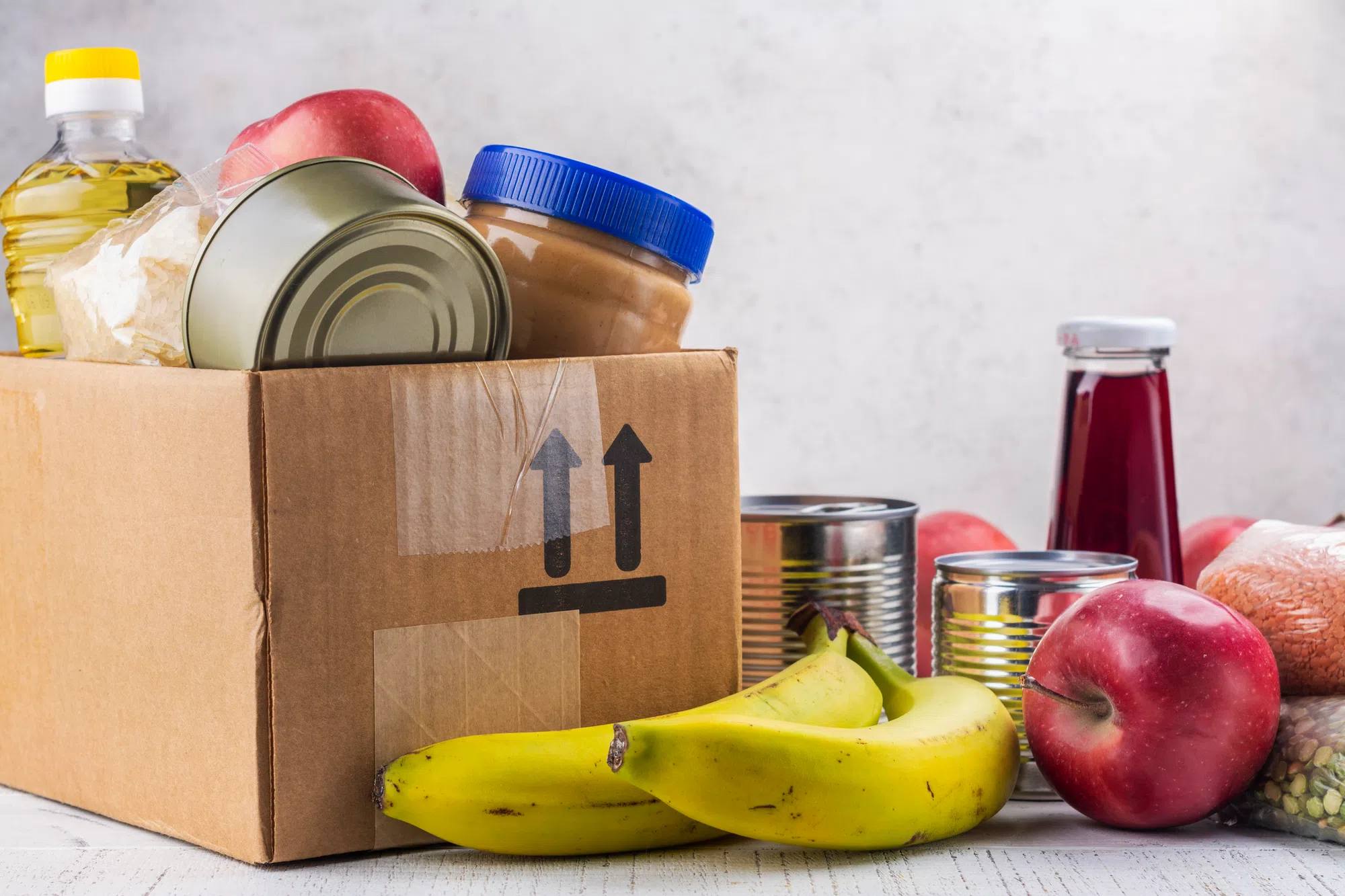A local organization is sounding the alarm as food insecurity reaches another record-breaking high in our province.
Feed Nova Scotia says they are calling on the provincial and federal governments to take urgent action to address poverty and inadequate income as visits to food banks skyrocket.
Based on a report from Food Banks Canada’s HungerCount, there were 2.2 million visits across Canada in March 2025.
According to Feed Nova Scotia, 43,421 of those visits were in our province alone – a 10.3 per cent increase from 2024.
“Nova Scotians deserve better,” says Ash Avery, executive director of Feed Nova Scotia. “Our communities deserve to be able to live a secure and dignified life, and that type of future is only possible with immediate and targeted government intervention.”
Statistics show that 24 per cent of those using food banks have jobs, which is the highest on record. Another 40 per cent rely on social supports that are inadequate and outdated.
Nearly half who accessed food banks over the last year say the cost of food is the main reason for their visits, with another third who blame cost of housing and utilities.
“With social assistance rates being lower than the poverty line, it’s no wonder that our neighbours have no choice but to turn to food support,” says Avery. “These numbers show that income and social assistance rates in Nova Scotia continue to fall far below the cost of living.”
What are they asking for?
Feed Nova Scotia says more food is not going to solve food insecurity.
So, what they are asking the government to do is improve income assistance as well as tax credit programs and implement a “basic income guarantee program.”
In addition, the organization wants to see Employment Insurance modernized to include those who are self-employed or who may have precarious jobs or have gigs.
Feed Nova Scotia is also urging the government to enhance the Canada Workers Benefit (CWB) as well as the Canada Disability Benefit (CDB).
“Charity is not the solution. We do not want to be back here next year with similar statistics. We need government intervention, at all levels, and we need it now.”










